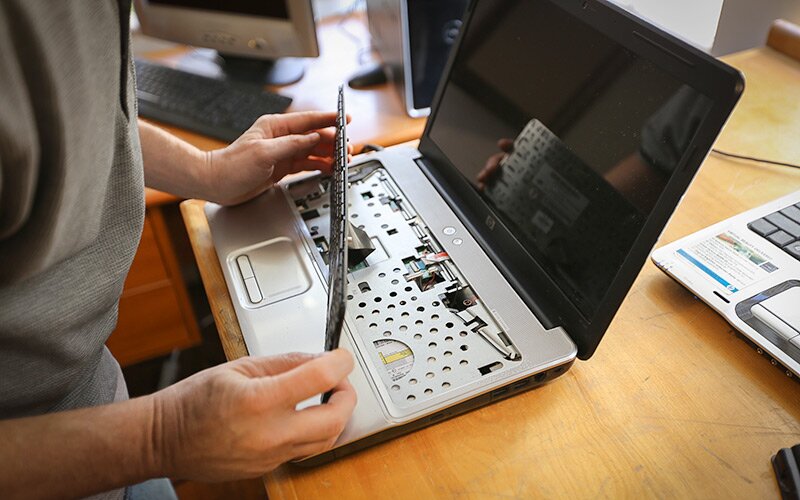3 Action Guide to Picking the Right Disaster Healing Option

Find the Right Business Continuity/Disaster Recovery Solution in 3 Steps:

1. Assess BCDR and DRaaS Solutions
Among the biggest aspects when picking a BCDR service is figuring out whether you'll contract out support or manage it internally. If you plan on contracting out assistance, you'll require to partner with a handled providers (MSP) that is proficient in connection and compliance services. Given that numerous BCDR services combine cloud, software, and hardware elements - you'll need a process to support your virtual assets, local servers and desktops. BCDR hardware has numerous purposes including:
Hosting BCDR software application
Sending server images to the cloud for disaster recovery
Saving local copies of backup server images for routine restores
Acting as the primary server during a failover, enabling business to continue during repairBCDR software is used to automate and manage backup and recovery procedures. After an initial complete server backup, BCDR software takes incremental snapshots to create "healing points" or point-in-time server images. Recovery points are used to restore the state of a server or workstation to a particular point in time (prior to it failed or information was damaged).
2. Look For BCDR Cloud Options
The very best BCDR solutions have a cloud backup as well as a healing element. This is due to the fact that the cloud serves two purposes in a BCDR option. The first is to supply offsite storage area for server and workstation images utilized for brings back. The 2nd is to take control of vital operations when a failover occurs.
Backups can be saved in your area - on a home appliance or backup server in your information center - or remotely, in the cloud. For BCDR, it's best to keep copies of your backups in both locations. In other words, if it's not possible to restore a system in your area, you can failover to the cloud. Similarly, your option ought to address a variety of information repair circumstances, ranging from bring back a couple of lost files to recuperating from a total server failure or the damage of multiple servers and PCs. Restoring from regional backups is much faster, while the alternative of failing over to the cloud provides you ultimate protection against gold coast it worst-case scenarios.
3. Address Security and Compliance Frameworks
A BCDR needs to deal with ransomware detection, point-in-time rollback abilities, and information immutability. It's important to search for BCDR services that adhere to Service Organization Control (SOC 1/ SSAE 16 and SOC 2 Type II) reporting standards and function two-factor authentication. This can help safeguard your information and reduce the need for manual intervention. If you want to learn how to keep your company healthy and protected, connect to us for a complimentary IT consultation.